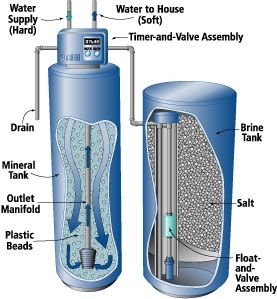If you have well water, you’re not alone. Over 13 million Americans use private wells as their source of drinking water. Households that use private wells are responsible for the safety of their own water.
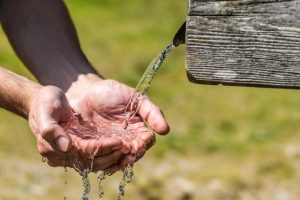 What is well water?
What is well water?
What does it mean to have well water in your home? Well water comes up straight from the ground directly into your home; essentially, it is not treated.
Problems with well water
Minerals
Untreated water has a higher abundance of minerals than treated tap water. All these minerals often affect the taste of your water. Although the minerals are safe for consumption, they can cause other problems in the home.
One such problem of hard water is that it keeps soap from dissolving properly. A telltale sign of this is that you feel a film on your body when you step out of the shower.
Soap buildup can also clog drains. A water softener can filter out those pesky minerals, keeping your body and drains soap free.
Contaminants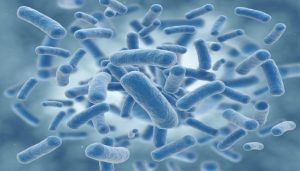
Contamination is also a common issue in well water. From microorganisms such as bacteria and viruses to dissolved solids, these contaminants can cause some serious health issues, such as gastrointestinal illness.
So how do we solve these problems?
Water softeners can help with the minerals in well water. Contaminated water, however, takes more intense intervention.
Water Softeners
Many people wonder if you use a water softener with well water, The answer is yes–yes you can. Water softeners help to filter out minerals, such as magnesium and calcium. Removal of these minerals turns your water from “hard” to “soft”. You’ll notice a big change in the look and feel of laundry and dishes. You’ll also be saving money on soaps and detergents, because soft water requires much less of each. Water softeners can even make your water taste better by filtering out the minerals.
Testing for contaminants
What about the microorganisms? First, test the water and see if it is contaminated with microorganisms. This simple test only costs $30, and results usually come in about a week or two after the water sampling.
You should test for microorganisms once a year, or when you repair any part of the plumbing system, move into a new home, drill a new well, or if members of your household have reoccurring gastrointestinal illness.
Treating for contaminants
Chlorine
If your well water does test positive for microorganisms, you should immediately disinfect the water with chlorine bleach. After shock chlorinating the water, wait one to two weeks in order to retest the well water for microorganisms.
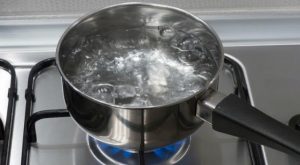
Another, perhaps even easier, way to make your well water safe for consumption is to distill it yourself. Essentially, this means boiling your well water before using it for cooking or drinking. Distilling the water is an easy way to make sure your well water is clean and safe for use. You do not have to distill the water for bathing, however.
Deal with the source
It is essential to find the source of the problem and eliminate it. Most problems with microorganisms are due to faulty maintenance and/or construction, which can be easily fixed. For example, you may have to:
-
- replace a leaky well cap
- divert surface water away from your well
- move livestock and/or pets away from the well area
Conclusion
Overall, if you have well water, taking care of it is not as hard as you might think. Well water is easy to take care of, as long as you take some precautions.
Use a water softener with your well water to prevent hard water damage to your body and your pipes.
Test your water regularly for microorganisms and other contaminants. Know to shock chlorinate the water. Also, be sure to boil you well water before drinking or cooking with it.
Give us a call for all your well-water needs!
Whether you have a well or are thinking about putting in a well, Knoxville Water Treatment can help with all your questions and well-water needs. Give us a call today!

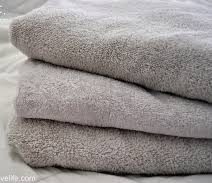
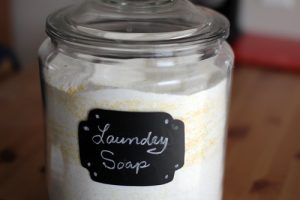 Problems like spots on the dishes and faded color on laundry. Hard water also causes stiff, scratchy towels, itchy skin, and even dull hair. The excess minerals in the water even counteract the effectiveness of soaps. The result: more soap and detergent and shampoo required to clean. Unfortunately, more soap doesn’t effectively deal with the hard water problem which means you still end up with dirty, dingy-looking dishes, clothes, and people.
Problems like spots on the dishes and faded color on laundry. Hard water also causes stiff, scratchy towels, itchy skin, and even dull hair. The excess minerals in the water even counteract the effectiveness of soaps. The result: more soap and detergent and shampoo required to clean. Unfortunately, more soap doesn’t effectively deal with the hard water problem which means you still end up with dirty, dingy-looking dishes, clothes, and people.
